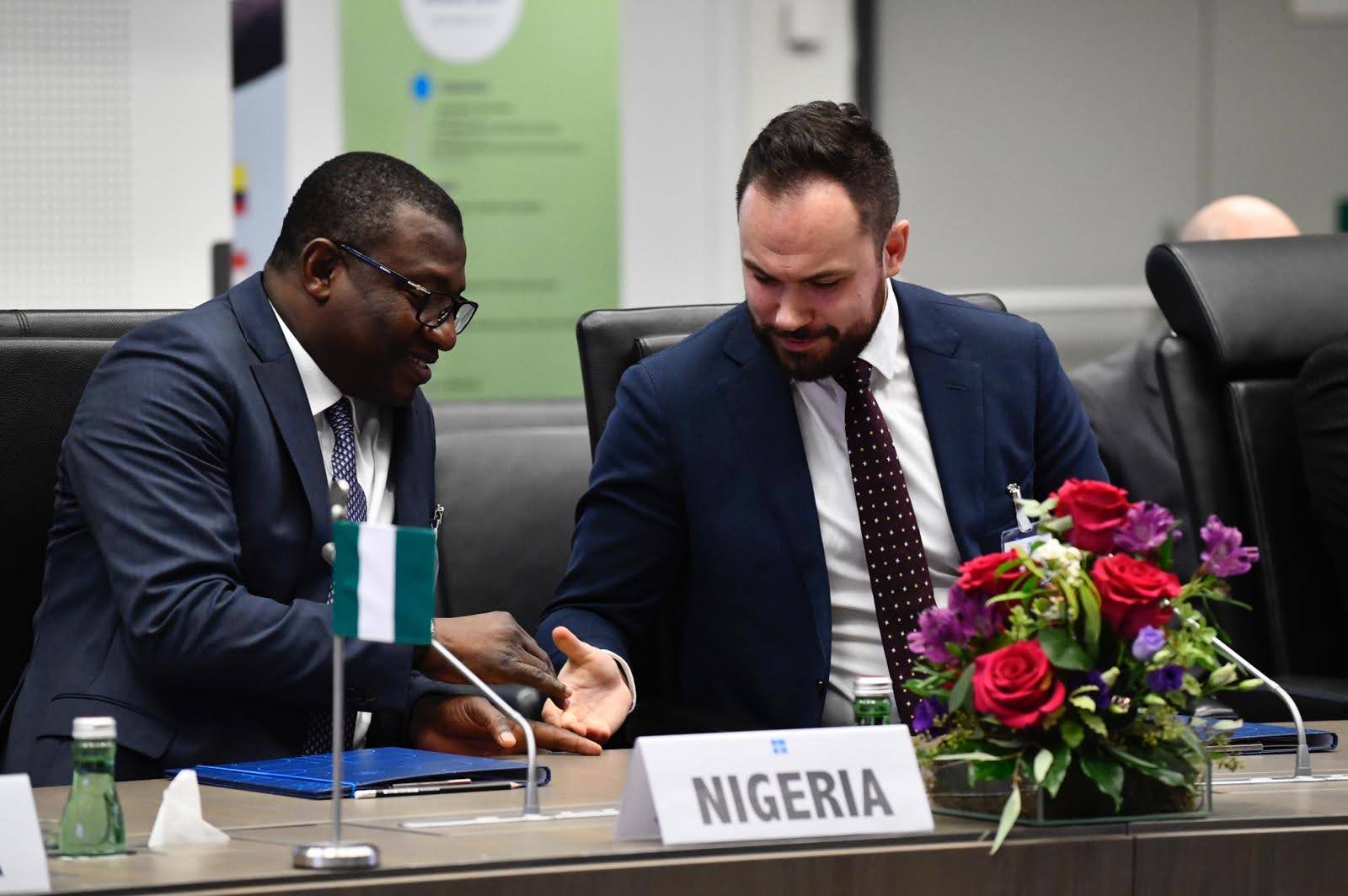This is not goodbye. It’s an honor.
It is difficult to put into words the story of a man whose life was not just lived but felt deeply, genuinely, and profoundly. It’s over now, the last file signed, the final handshake exchanged, the door gently closed behind a man whose entire life has been anything but ordinary. As of May 30, 2025, Dr. Bala Maijama’a Wunti stepped out of public service, quietly bowing out from a remarkable journey that shook boundaries, lifted lives, and left behind a trail of courage, dignity, and truth. I find it not only fitting but necessary to say this: now that it is done, let this be my tribute.
Much has been said, written, and whispered in admiration since the announcement of his retirement. But what I pen today is not a replica of what others have offered. This is personal. This is from a heart that was moved years ago when I sat quietly among students of ATBU Bauchi, listening to a man speak not as a bureaucrat, not as a technocrat, but as someone who had walked through fire barefoot and came out not burnt, but better.
He wasn’t speaking to impress. He was telling the truth raw and unfiltered. He spoke of days when meals were not guaranteed, when dreams seemed laughable in the face of brutal reality. He described the hunger, the worn sandals, the sleepless nights, and how faith became his pillow. I remember that moment clearly. That day, in that humble auditorium, something shifted. It wasn’t just a speech. It was a defining moment—for him and for us who listened.
How, Why NCDMB Boss, Felix Ogbe, Emerged Nigeria’s Representative On APPO Board
‘One Post, 1.7 Million Views,’ Platforms Africa’s Ratings Soar
Team Lead Platforms Africa, Adeola Yusuf, Bags PhD
Politics, Petroleum, and the Perpetual Northern Basin Search, By Wumi Iledare
After Platforms Africa Report, Oil Ministry Director Queried, Minister Disowns Claim
In that moment, I’ve carried three life lessons from Dr. Wunti—ones he never explicitly taught but showed through his life.
First: Prayer is not optional. I have never encountered a man more grounded in submission to the Divine. No matter how tight his schedule, how demanding the office, or how crucial the meeting, he found time to pause and connect with his Creator. And he did it not out of habit but conviction. It shaped everything about him: his calm, his clarity, his confidence.
Second: He never forced what his heart didn’t embrace. Dr. Wunti did not do things just to tick boxes. If his soul wasn’t aligned with a cause, he left it alone. This rare integrity gave his actions an unusual depth. Whether leading multi-billion-naira reforms or quietly helping an ailing community clinic, he did so with full acceptance and sincerity.
Third: Compassion wasn’t a virtue for him; it was a reflex. He gave not because he had to, but because he knew what it felt like to need and not have. Every school he built, every child he sponsored, every borehole he commissioned, and every hospital bill he paid all came from a heart softened by experience. He remembered. And in remembering, he uplifted.
Born in Bauchi, in a household where survival often came before ambition, Dr. Bala Wunti grew up in the shadows of lack. But he did not let it define him. Instead, he let it refine him. He pushed through school with sheer determination—from Chemistry at Ahmadu Bello University, Zaria, to earning his MBA in Marketing from ATBU Bauchi, and a Postgraduate Diploma in Management. Dr. Bala is an alumnus of the world’s prestigious universities, Oxford and Harvard. These were not just academic milestones; they were small battles won against the odds.
Then came the Nigerian National Petroleum Corporation (NNPC). He joined in 1994, and what followed was a remarkable odyssey. From Production Programming Officer to GM Corporate Planning, and eventually MD of the Petroleum Products Marketing Company (PPMC), he did not just fill positions—he transformed them. His work at NAPIMS as Group General Manager changed the way Nigeria handled petroleum investments. Projects like Operation White restored sanity to a system many had given up on.
But beyond strategy and structure, he brought the soul into the system. He refused to let numbers dehumanize policy. He saw the downstream sector not as a marketplace but as a lifeline, and he made it work for people, not just profits.
Adeola Yusuf, PhD: Profile of A Prolific Pen-Pusher
‘OPEC Heavyweights,’ Saudi Arabia, Kuwait Announce New Oil Discovery
‘If Nigerian Content Fails, Africa Fails,’ Oil Minister Declares At NOGOF
PHOTONEWS: Adeola Yusuf Bags Journalism Entrepreneur of The Year Award
Still, if you asked Dr. Wunti what his proudest achievements are, he would not point to the boardroom. He would likely tell you about the girl in Dass who got a scholarship and later became a pharmacist or the widowed mother in Katagum who now has a roof over her head. He would tell you about community boreholes, school renovations, and youths he mentored who are now leaders in their own right.
He didn’t just serve; he saw. He saw people not as statistics but as stories. And he listened. And when he could, he helped. Quietly. No cameras. No hashtags.
In his family, Dr. Wunti is not the oil executive; he is Abba—a father who sits with his children, teaching them not just by advice but by example. A husband who understands that love is shown in small acts, in presence, in patience. He did not let success steal him away from those who mattered most. He carried them with him.
Now that his chapter in public service closes, many will remember Dr. Wunti for the policies he shaped, the reforms he led, and the titles he bore. But I will remember him for something more enduring: the humanity he never let go of.
Some may chase greatness by building empires. But some, like him, choose to build people. And when people grow, they remember. They speak. They write. Just like I am doing now.
Dr. Bala Maijama’a Wunti didn’t retire. He simply stepped into another phase of influence, one that does not require office walls or government files. His impact now lives in the echoes of children’s laughter in classrooms he built, in the gratitude of patients treated in hospitals he supported, and in the hearts of all of us who were lucky enough to know the kind of man he truly is.
Thank you, sir, for rising—and taking many of us along with you.
This is not goodbye. It’s an honor.
Usman Abdullahi Koli, ANIPR writes in through [email protected]
Platforms Africa





